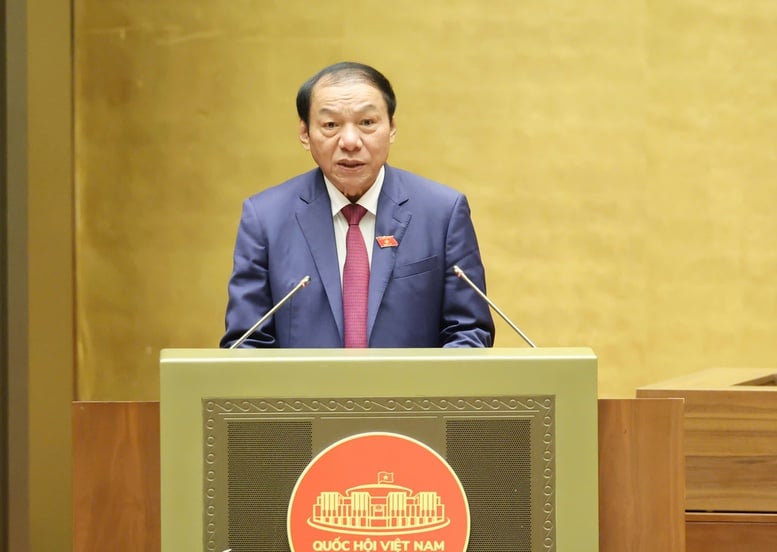
Minister of Culture, Sports and Tourism Nguyen Van Hung presents the draft Law on Press (amended) - Photo: VGP/NB
On the morning of October 23, continuing the 10th session, the National Assembly listened to the Presentation and Review Report on the draft Press Law (amended).
Authorized by the Prime Minister, Minister of Culture, Sports and Tourism Nguyen Van Hung presented the Draft Law on Press (amended).
The draft Press Law (amended) consists of 4 chapters and 51 articles, 2 chapters and 10 articles less than the 2016 Press Law. With the spirit of innovation in law-making thinking, the Law only regulates issues under the authority of the National Assembly, defines management principles, and detailed contents will be guided in decrees and circulars.
The draft Law supplements the position of the press: "The press in the Socialist Republic of Vietnam is revolutionary press..." to affirm the historical and revolutionary nature of the press, aiming to build a professional, humane, and modern press as set forth in the Resolution of the 13th National Party Congress.
One of the notable points is that the draft Law supplements regulations on operating models and regulations to expand the operating space of the press in cyberspace.
Accordingly, press agencies' activities in cyberspace must comply with legal regulations on press, cyber security, principles, purposes and be consistent with international treaties to which Vietnam is a member.
Supplement the concept of "Publishing newspapers on cyberspace", including posting and broadcasting information on the Content Channel of press agencies on cyberspace and the National Digital Press Platform; supplement the provisions that the National Digital Press Platform and the Content Channel of press agencies on cyberspace are press products.
Press agencies shall notify the state press management agency when opening content channels on cyberspace and connect online with the archive system of the state press management agency to serve the measurement of information trends on cyberspace.
In addition, the draft Law also supplements mechanisms and policies to develop the press and promote the press economy, in the context of arranging and streamlining the political system's organizational apparatus, meeting information and propaganda requirements in the new era...
Clarifying the concept of 'press economy', promoting digital transformation
Presenting the Report on the review of the draft Law, Chairman of the Committee on Culture and Society Nguyen Dac Vinh affirmed that the Committee agrees with the necessity of comprehensively amending the Press Law.
Regarding the types of press, the draft Law continues to identify 4 types of press, and at the same time, changes the names to print press, radio press, television press and electronic press. The Committee believes that the above change of name needs to be carefully considered to ensure consistency with specialized terminology and universality; it is recommended to study the use of the concepts of print press, radio, television, and electronic press to suit the practice in Vietnam and internationally.
Regarding the model of the main multimedia media agency, the Committee basically agrees with the addition of regulations on "main multimedia media agency". However, it is recommended to continue researching, clarifying the content, criteria for identification and specific financial mechanisms of main multimedia media agencies.
It is suggested that, in addition to the 6 press agencies identified under Decision 362/QD-TTg dated April 3, 2019 of the Prime Minister on approving the national press development and management plan until 2025, it is necessary to consider adding key multimedia press agencies in some localities or some units that have built prestige and have a certain position in press activities.
Regarding the subjects proposed for granting press operation licenses, currently, in some cases, the activities of press agencies under social organizations, socio-professional organizations, and research institutes still have shortcomings, causing difficulties for state management.
To overcome these shortcomings and limitations, the Committee agrees with the drafting agency on assigning the Government to specify the conditions for socio-political and professional organizations and social organizations when requesting a license to operate the press.
Regarding the contents related to "press economy", the Committee agrees with the regulations to create conditions for press agencies to have more revenue and increase financial resources to ensure and improve the quality of operations as in the draft Law.
However, it is recommended to continue researching, supplementing, and clarifying the concept of "press economy" and regulations related to public investment, autonomy mechanism, and regulations on revenue from business activities of press agencies.
Regarding press activities in cyberspace, the Committee proposed to study and supplement regulations to promote press activities in cyberspace; supplement regulations on the legal responsibility of foreign social networking platforms in cases where the press agency's content channel in cyberspace is hacked or information is modified with illegal content; and handle cases where illegal content appears on this channel.
The study stipulates principles on the mechanism for implementing agreements and responsibilities of press agencies and relevant agencies and organizations in ensuring copyright and related rights for press works on cyberspace and press works using artificial intelligence (AI).
Regarding the regulations on scientific journals, the majority of Committee members agreed with the provisions of the draft Law, which includes scientific journals in the scope of regulation as a special type of journalism.
In addition, there are opinions suggesting that scientific journals should not be included in the subject of regulation of this Law but should be regulated in the Publishing Law because of the nature of this type of journal and according to international experience.
Regarding digital transformation in the field of journalism, the Committee proposed to continue to improve and supplement regulations in the direction of creating a legal corridor to build mechanisms and policies to encourage the development of domestic digital technology platforms, distribution of press information content; on the rights and legal responsibilities of journalists and press agencies when using artificial intelligence (AI) in press activities.
Thu Giang
Source: https://baochinhphu.vn/bo-sung-quy-dinh-mo-rong-khong-gian-hoat-dong-cua-bao-chi-tren-khong-gian-mang-102251023110254488.htm







![[Photo] Explore the US Navy's USS Robert Smalls warship](/_next/image?url=https%3A%2F%2Fvphoto.vietnam.vn%2Fthumb%2F1200x675%2Fvietnam%2Fresource%2FIMAGE%2F2025%2F12%2F10%2F1765341533272_11212121-8303-jpg.webp&w=3840&q=75)
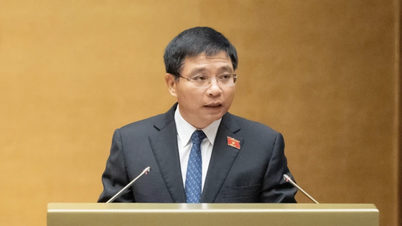

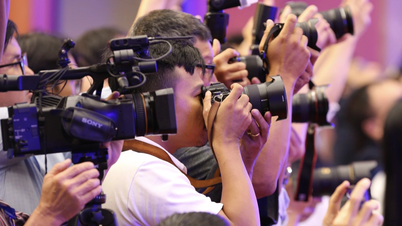


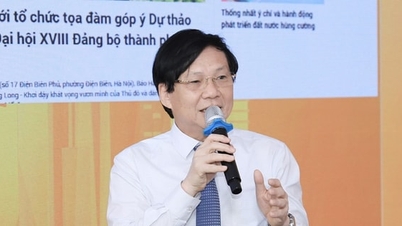



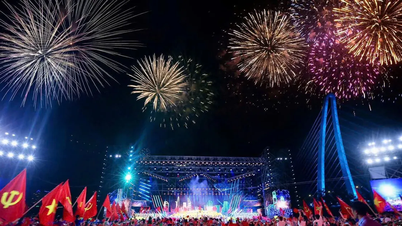

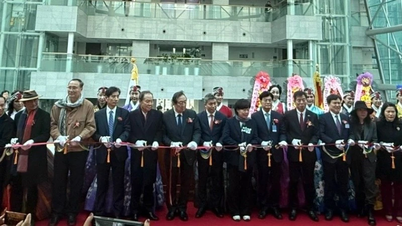

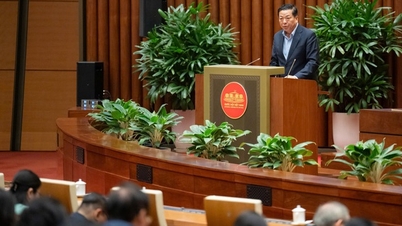

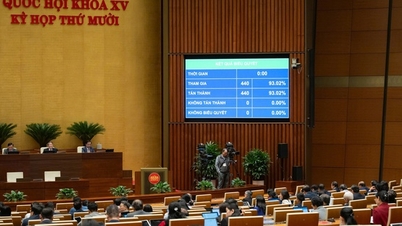
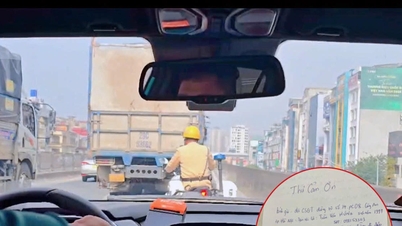





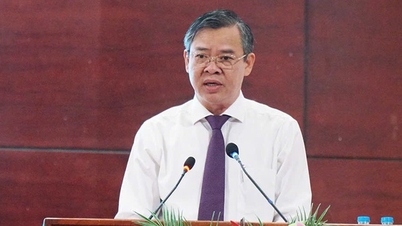
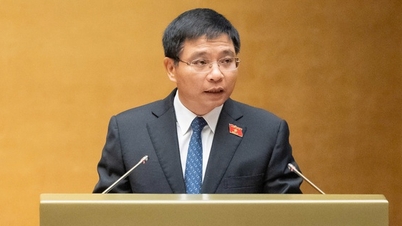

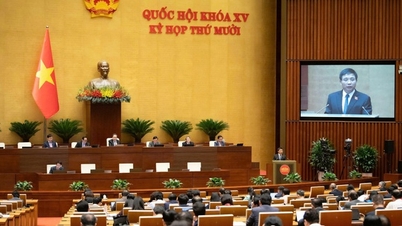
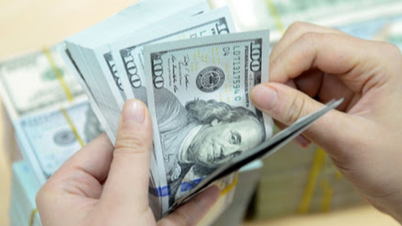
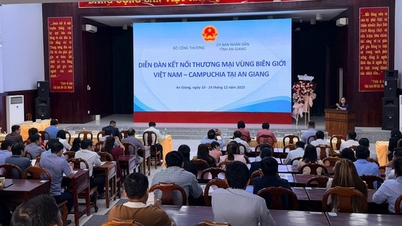



![[Video] The craft of making Dong Ho folk paintings has been inscribed by UNESCO on the List of Crafts in Need of Urgent Safeguarding.](https://vphoto.vietnam.vn/thumb/402x226/vietnam/resource/IMAGE/2025/12/10/1765350246533_tranh-dong-ho-734-jpg.webp)




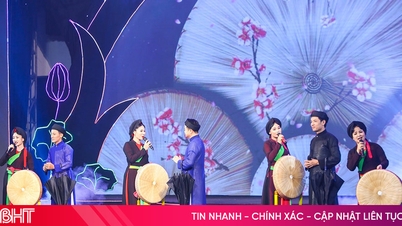























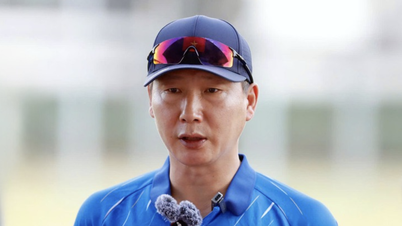
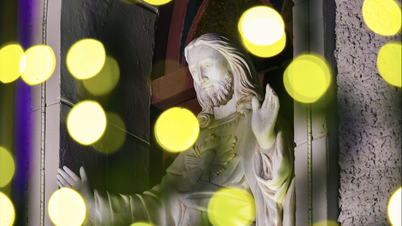
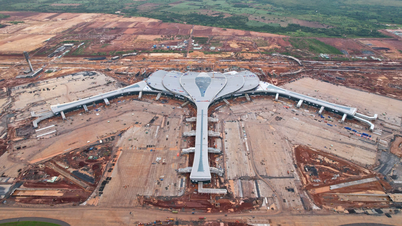
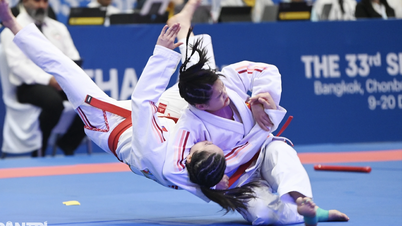
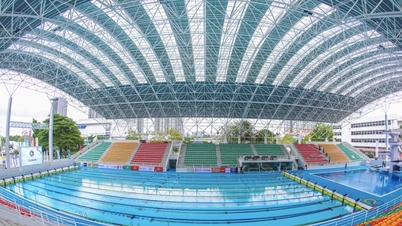


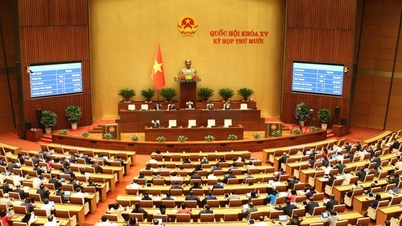

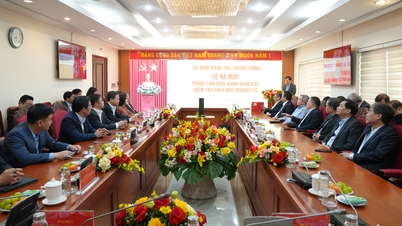

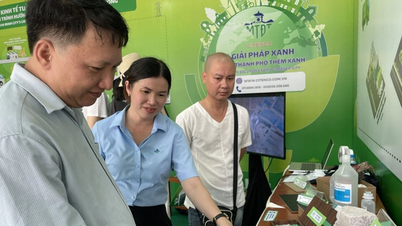
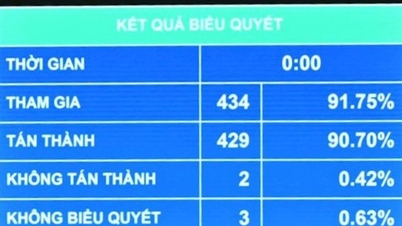
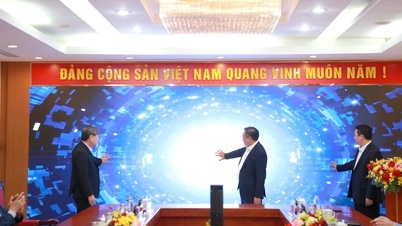

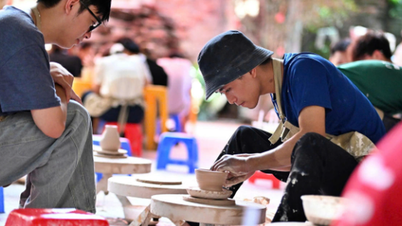





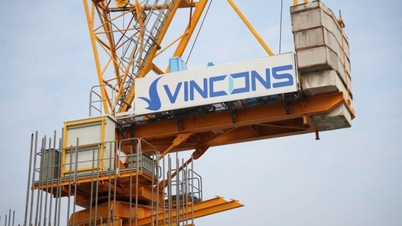

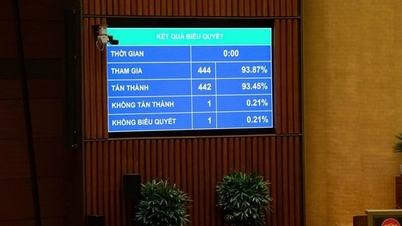
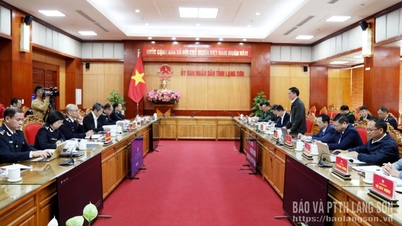













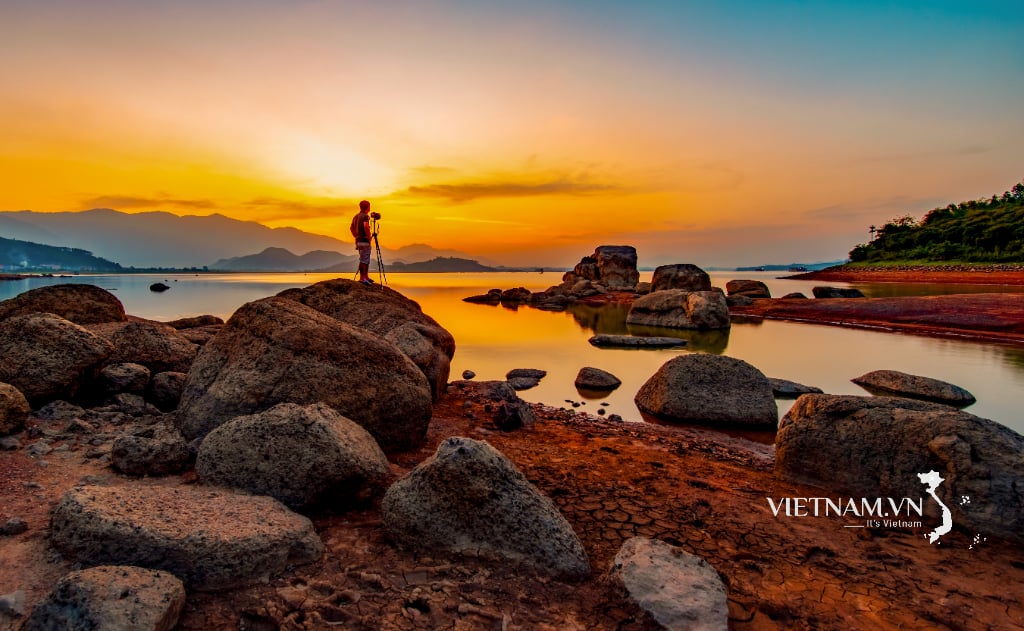
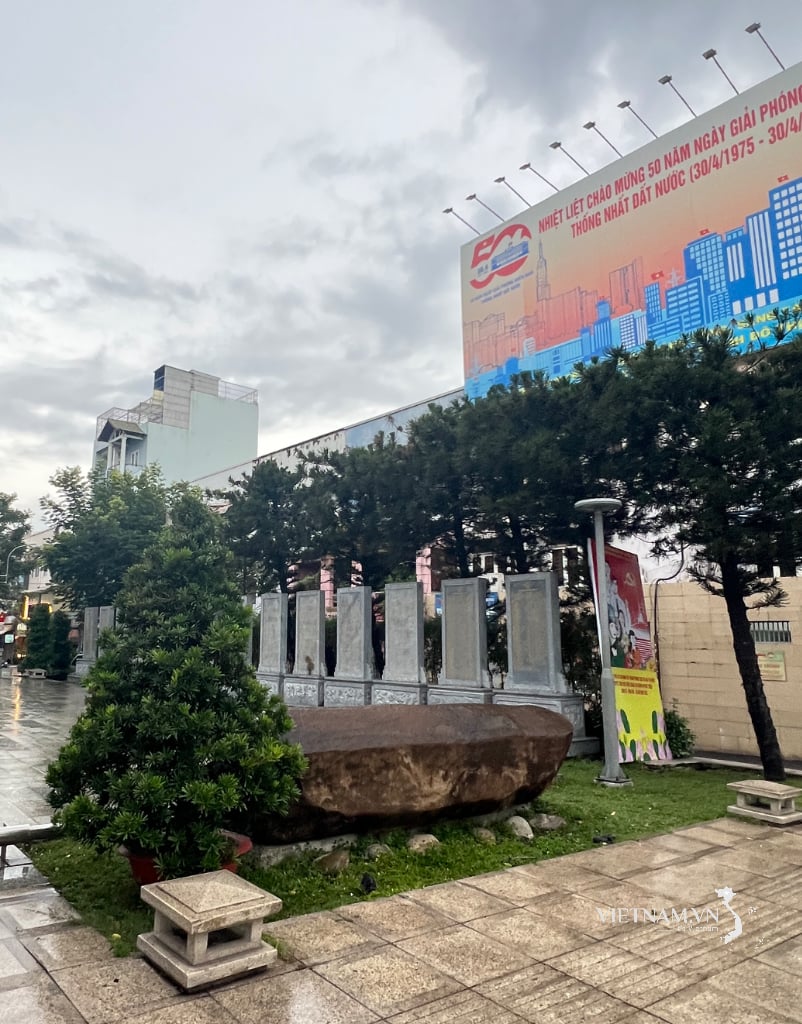





Comment (0)